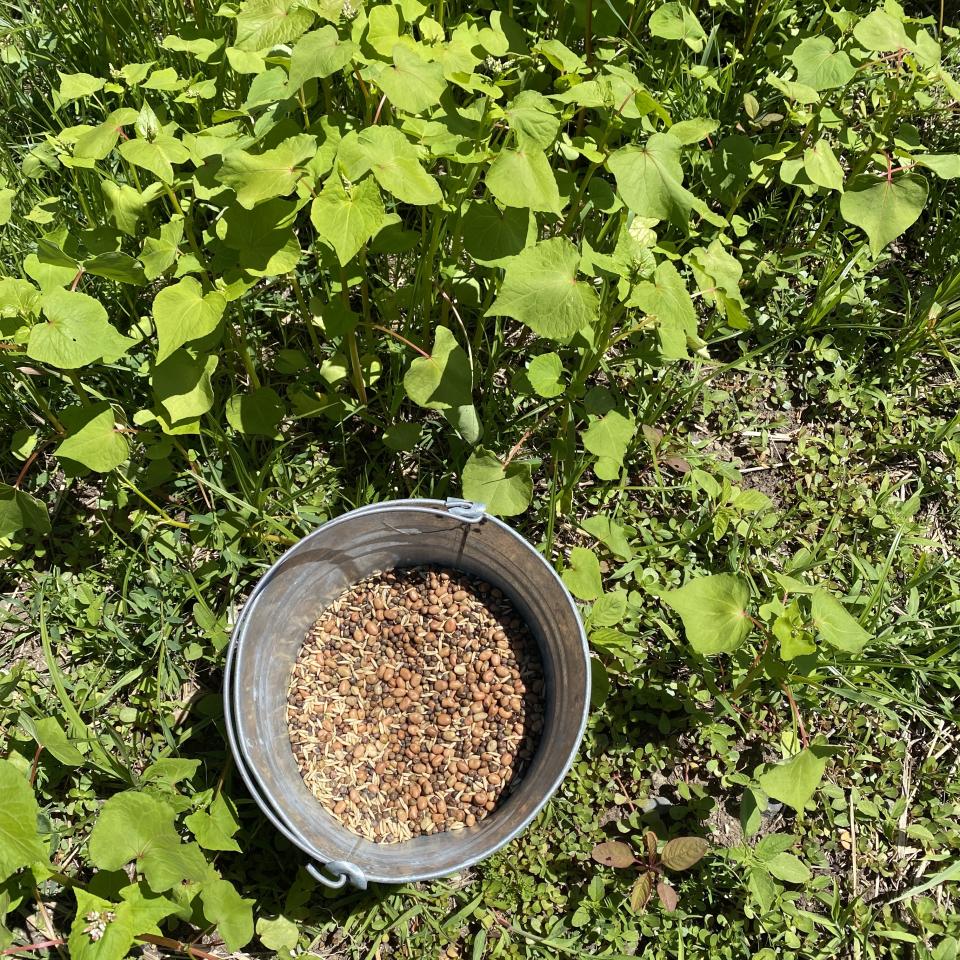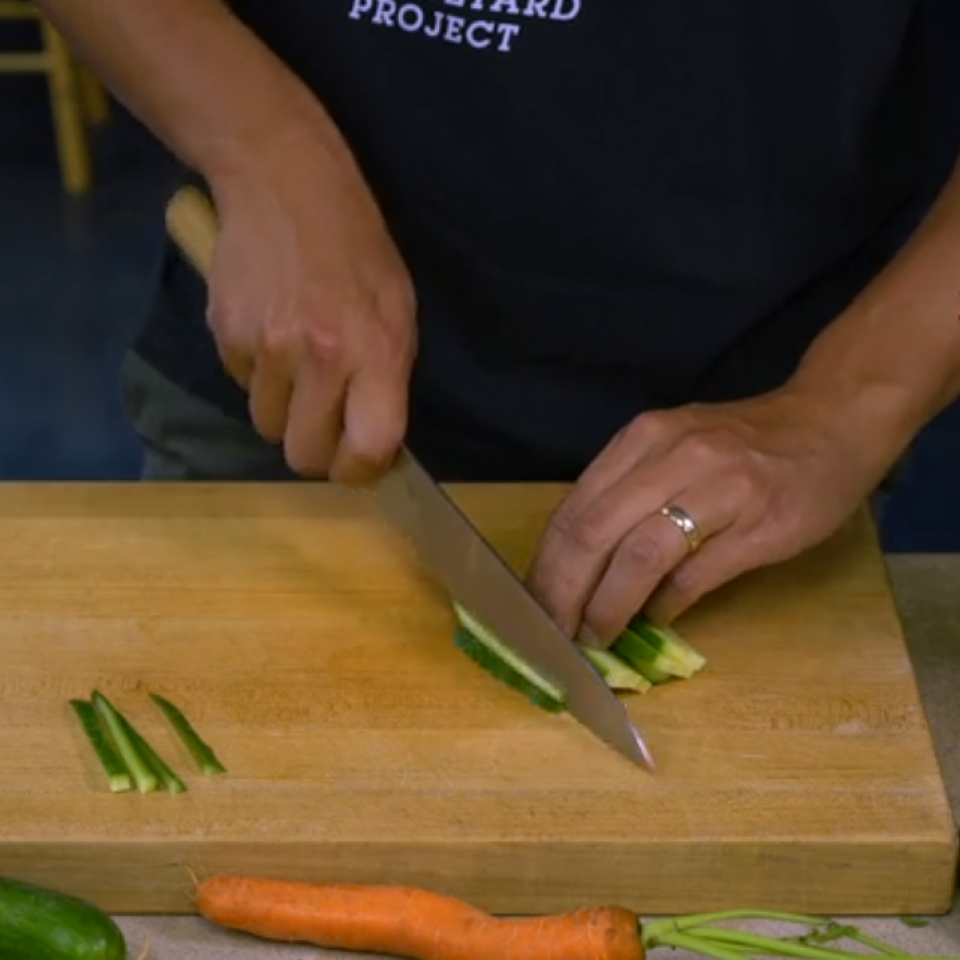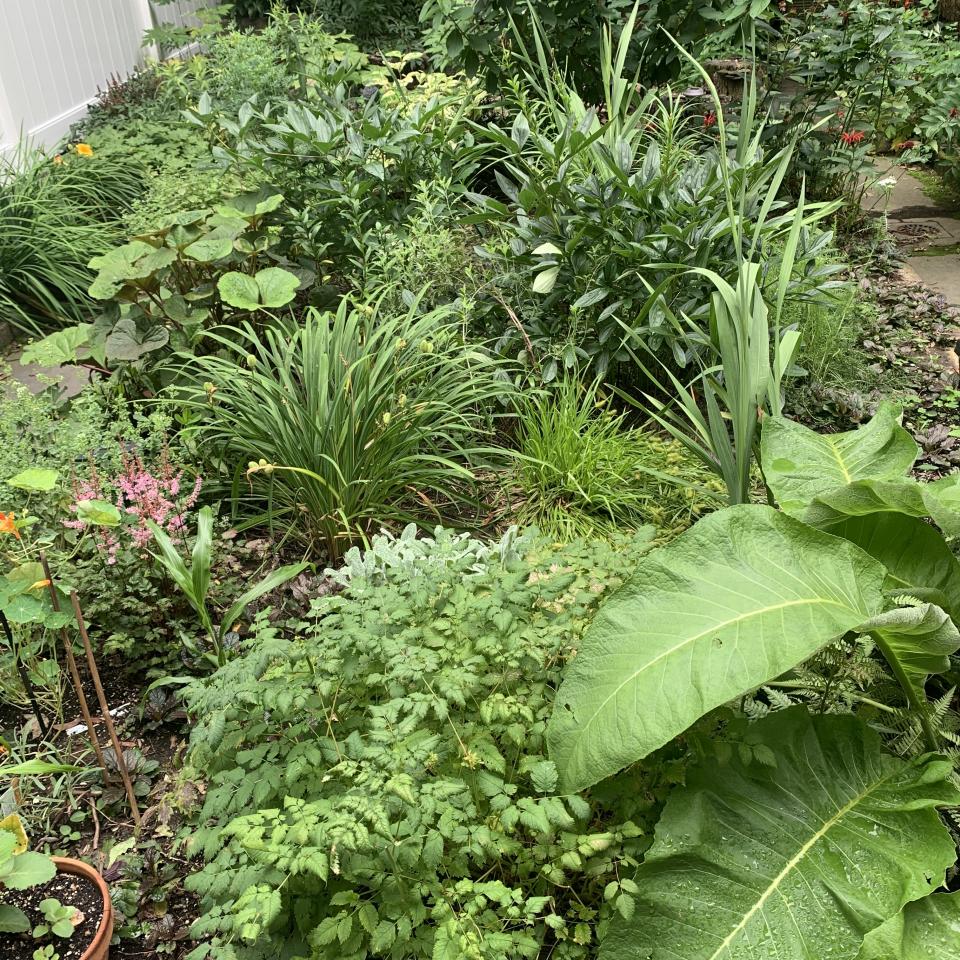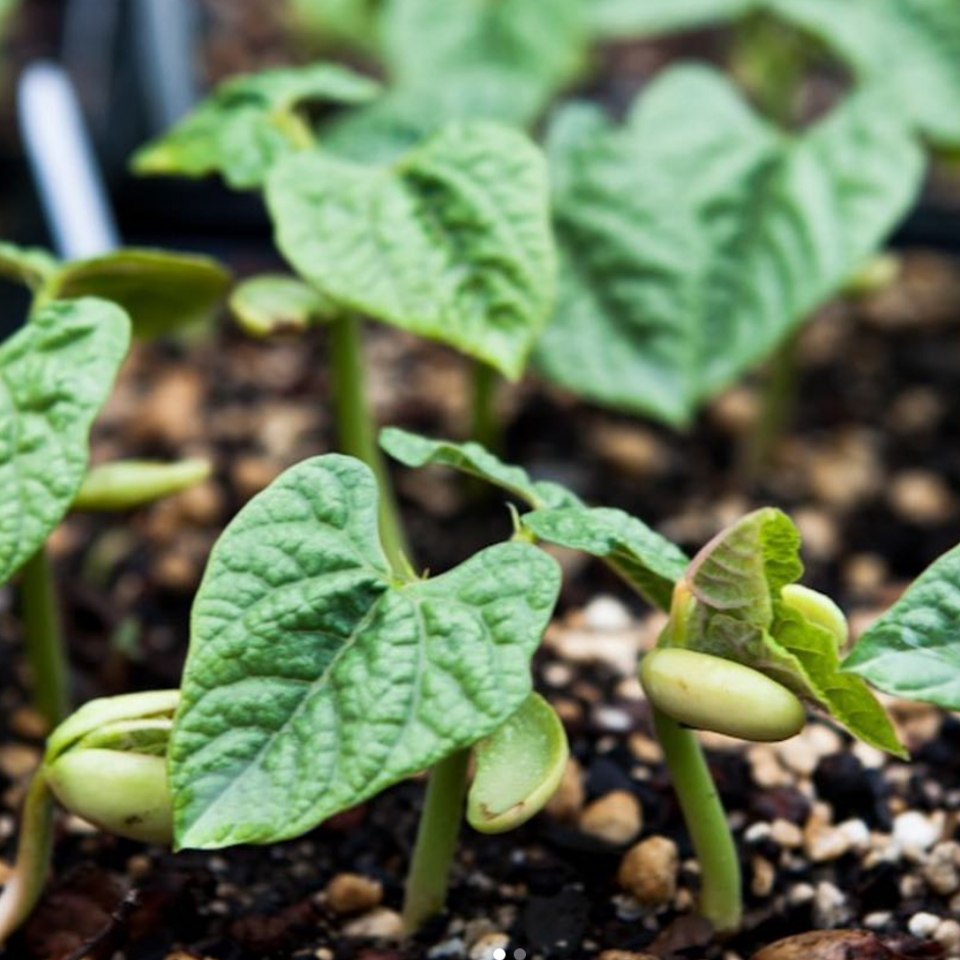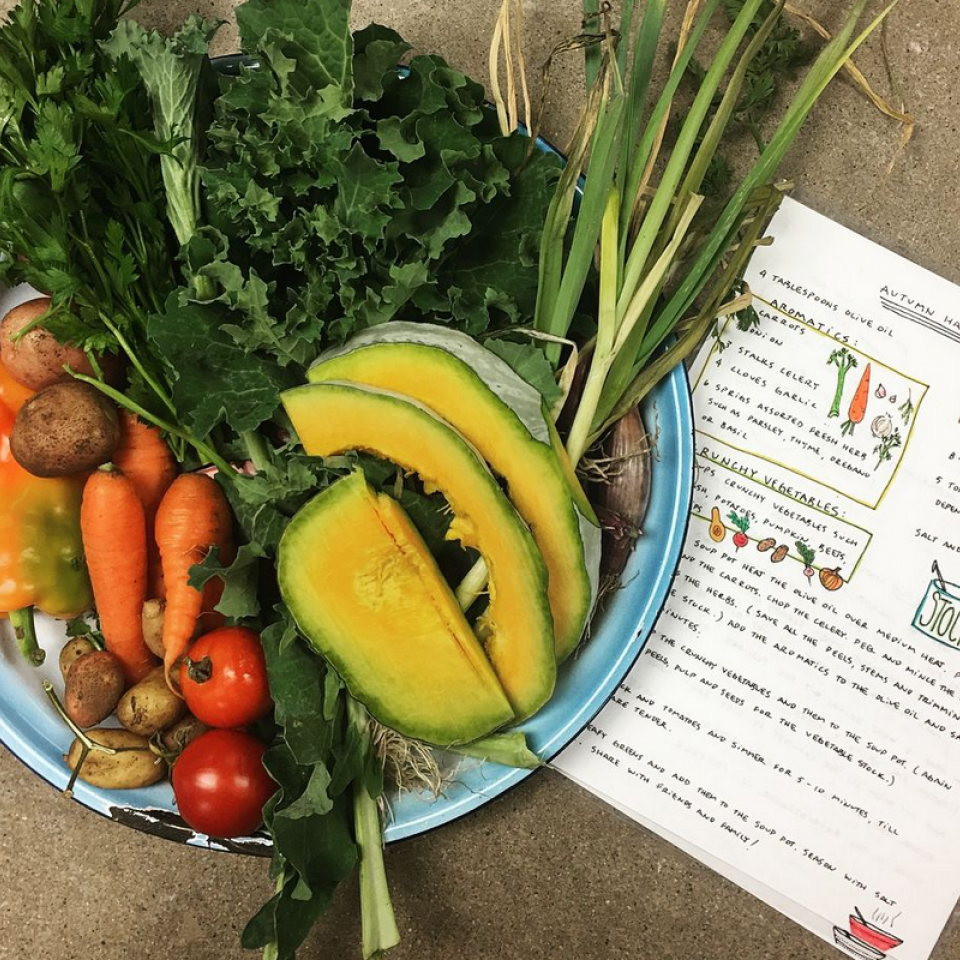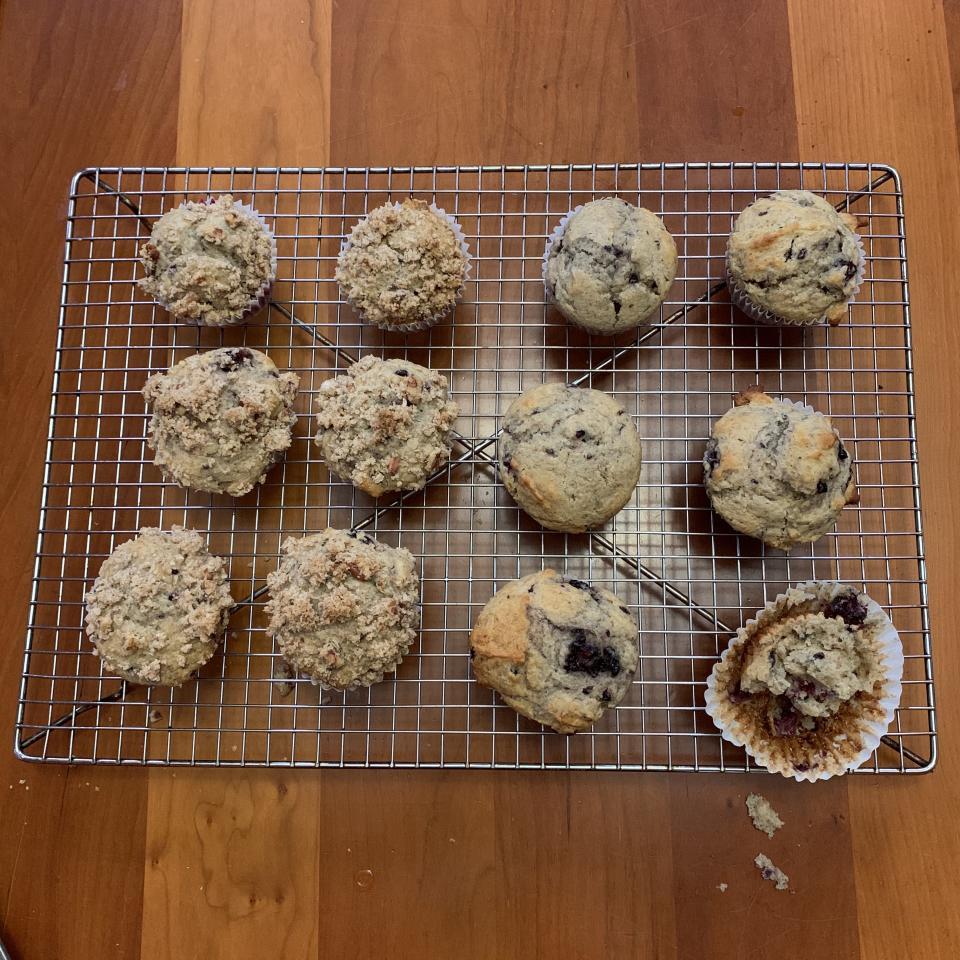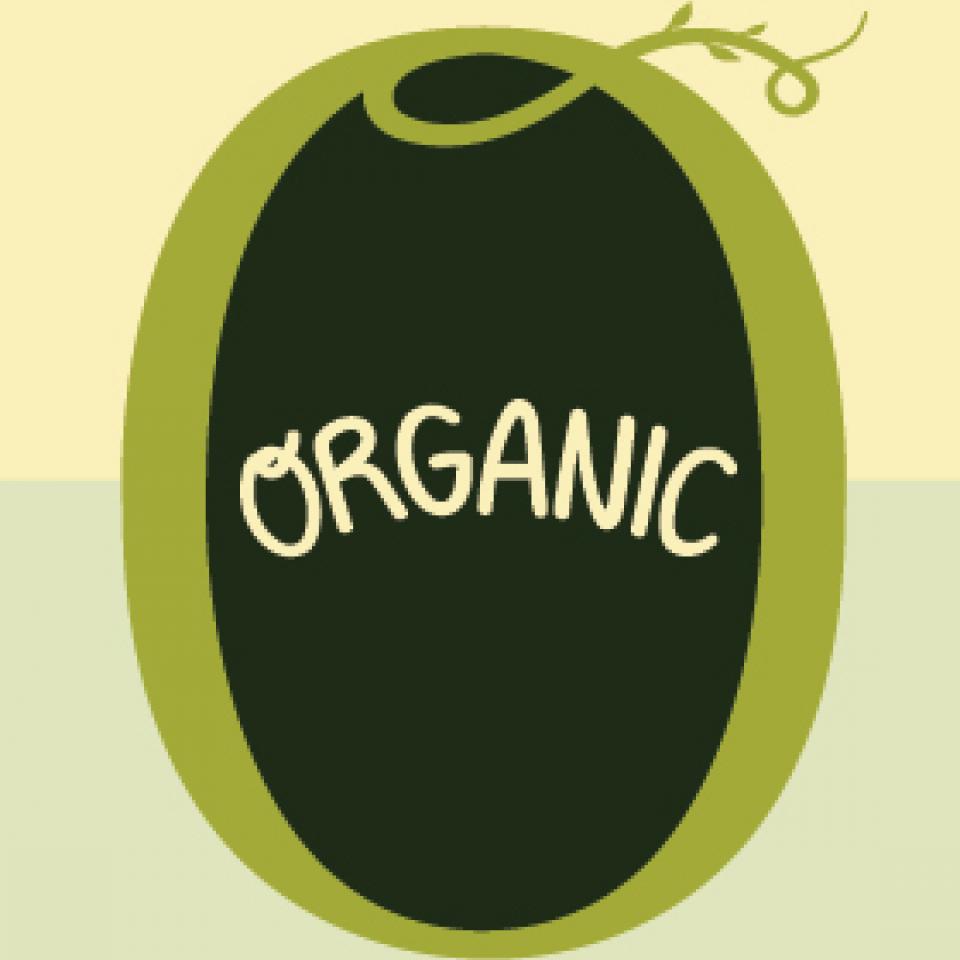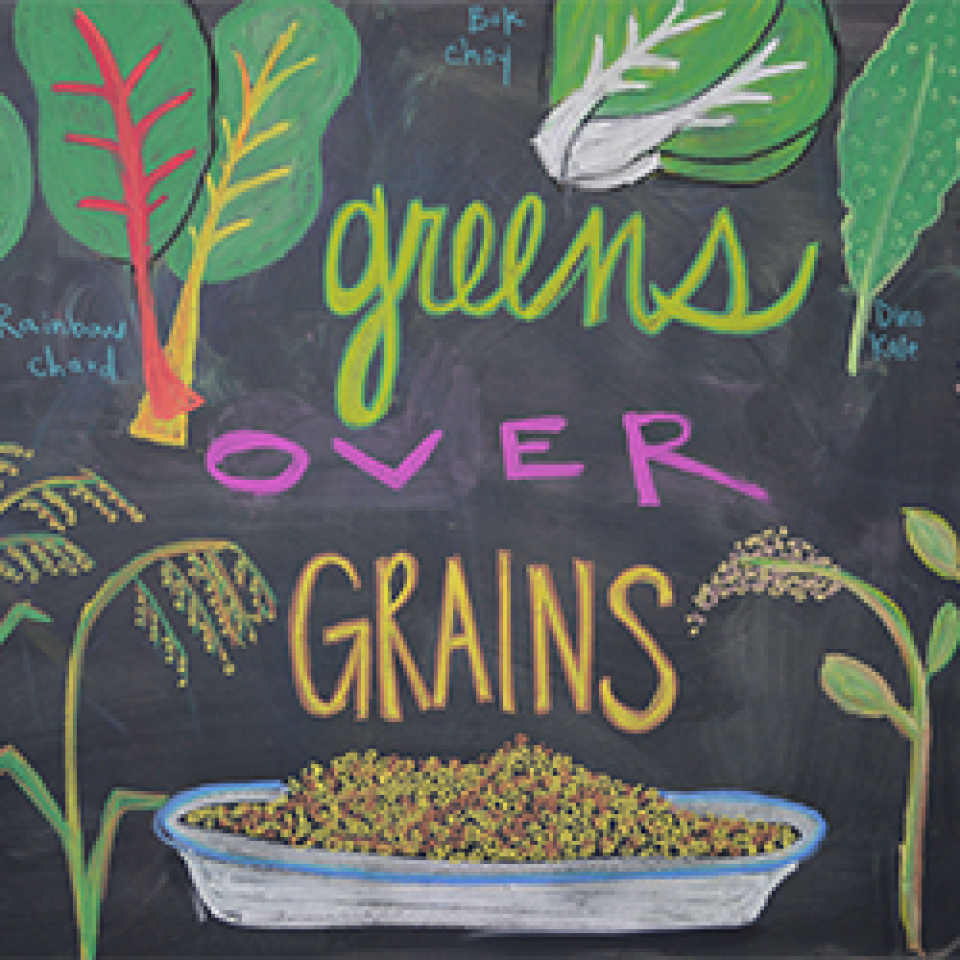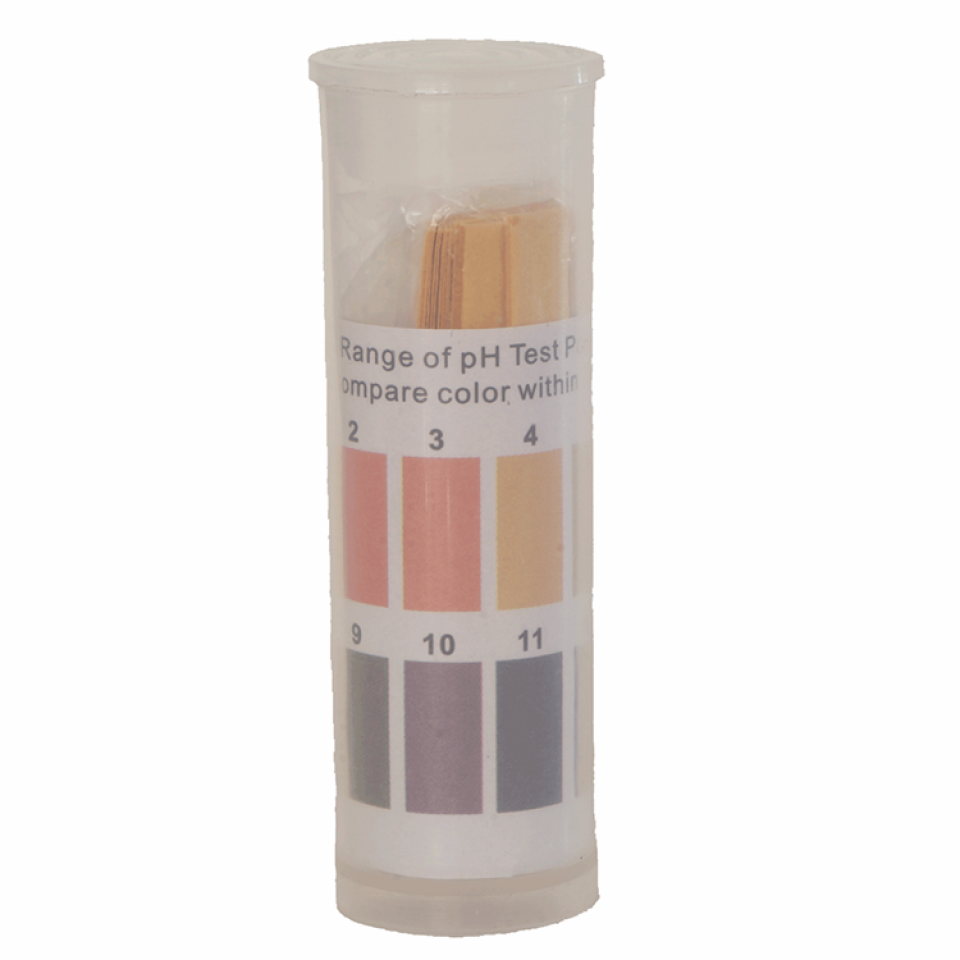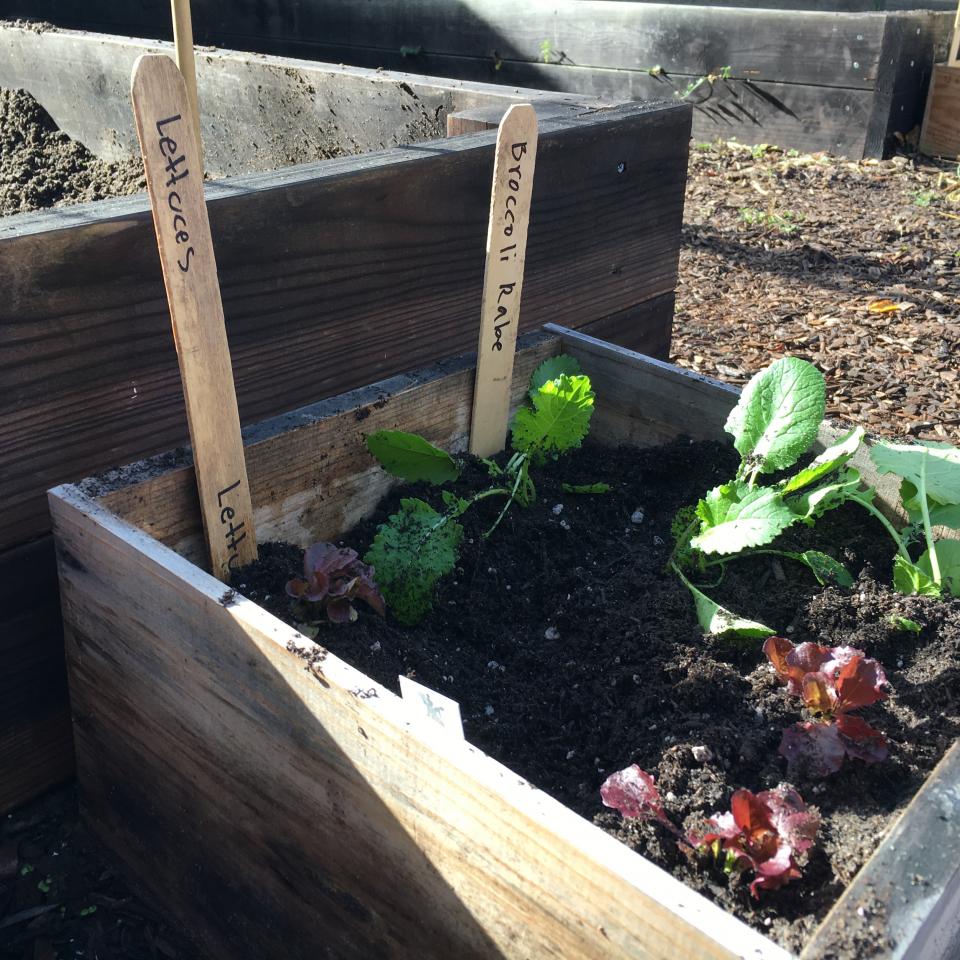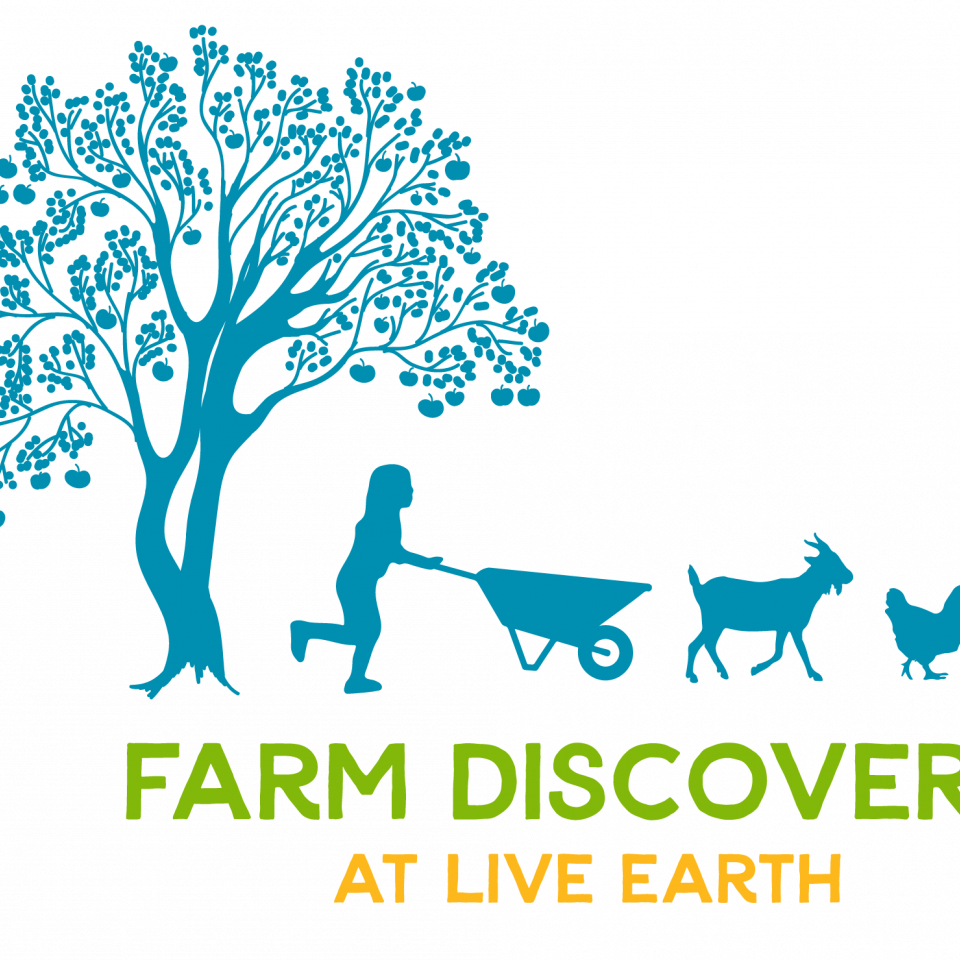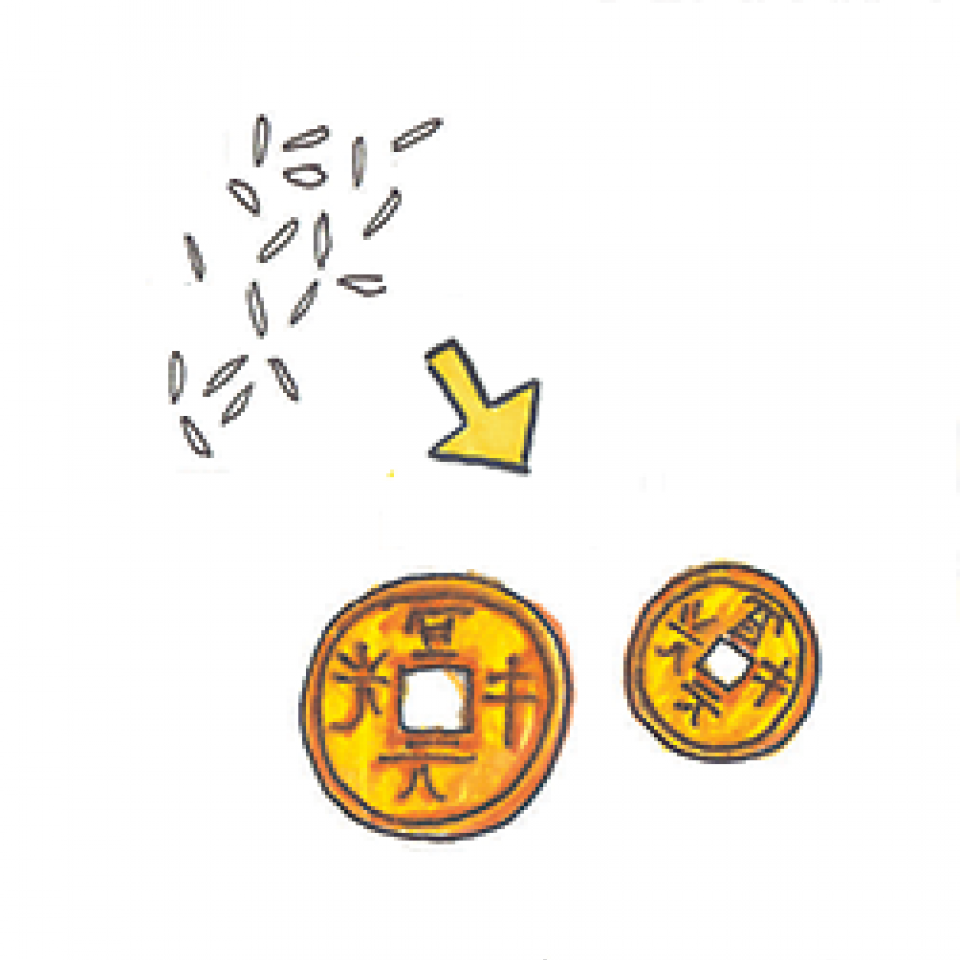
Search
6114 Results
In this collection of lessons, students will engage in hands-on activities exploring the practices of organic farming. Students will complete a rotation of four activities: soil investigation, cultivation, planting cover crops, and creating a compost pile.
Do you want to cut vegetables and fruits like the professional chefs on TV? You can after a little study and a lot of practice. This lesson will introduce you to the basic cuts that are used on most vegetables.
What can our communities teach us about organic food and practices? In this lesson, students will visit a local garden to explore that question.
In this eighth-grade humanities lesson, students make frittata and salad with their choice of salad dressing, and discuss the relationship between food choices and the environment with a specific focus on water use and food waste.
Have you ever wondered what happens below ground when a plant grows? Today, you are going to watch a time-lapse video of a bean seed growing. Next, you will examine the root systems of different plants and make observations.
Is there a food that reminds you of a memory from when you were younger? Can you think of recipes or flavors that have been passed down in your family for generations?
Is there a food that is special to you? It could be a food that is part of your cultural heritage. A food that reminds you of a great day or a special person. Or it could just be something delicious!
Practice your baking skills with this flexible recipe for seasonal fruit muffins! In this lesson, you will make muffins and learn about the muffin method for baking.
In this lesson, students will read texts on organic certifications and conduct research on various standards of organic certifications. Students will review an infographic on Organic, answer questions, and engage with further readings.
In this sixth-grade humanities lesson, students complete the seed-to-table cycle by preparing sautéed greens and serving them over grains that were grown in the Edible Schoolyard garden. Students learn and practice basic knife skills and safety.
In this eighth-grade science lesson, students test the pH levels of soil from three different sites in the garden to determine the level of acidity in the garden soil.
Des Moines, IA
United StatesQuestions about an upcoming event? Email us at info@edibleschoolyard.org.
Hillsborough, CA
United StatesEdible community garden open to the North Elementary School Community.
Watsonville, CA
United StatesStudent engagement is the degree of attention, interest, curiosity, and positive emotional connections students experience while learning. It is what we build from to understand instruction.
In this seventh-grade humanities lesson, students make Vegetable Fried Rice and learn about the agricultural innovations during the Song Dynasty in China that led to a surplus of rice and resulted in major cultural, technological, and scientific developments.
Kannapolis, NC
United States